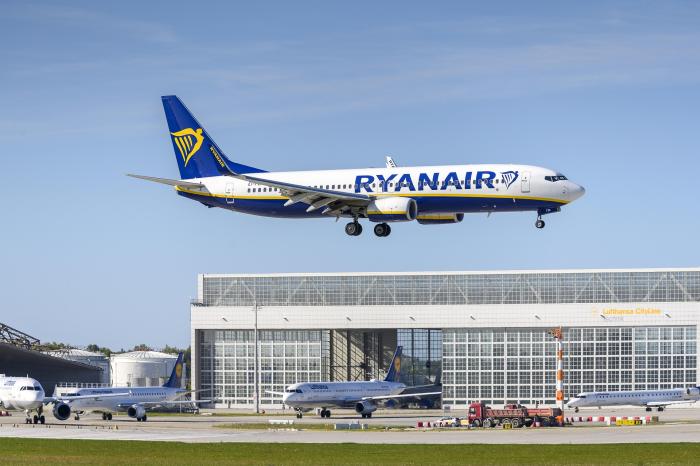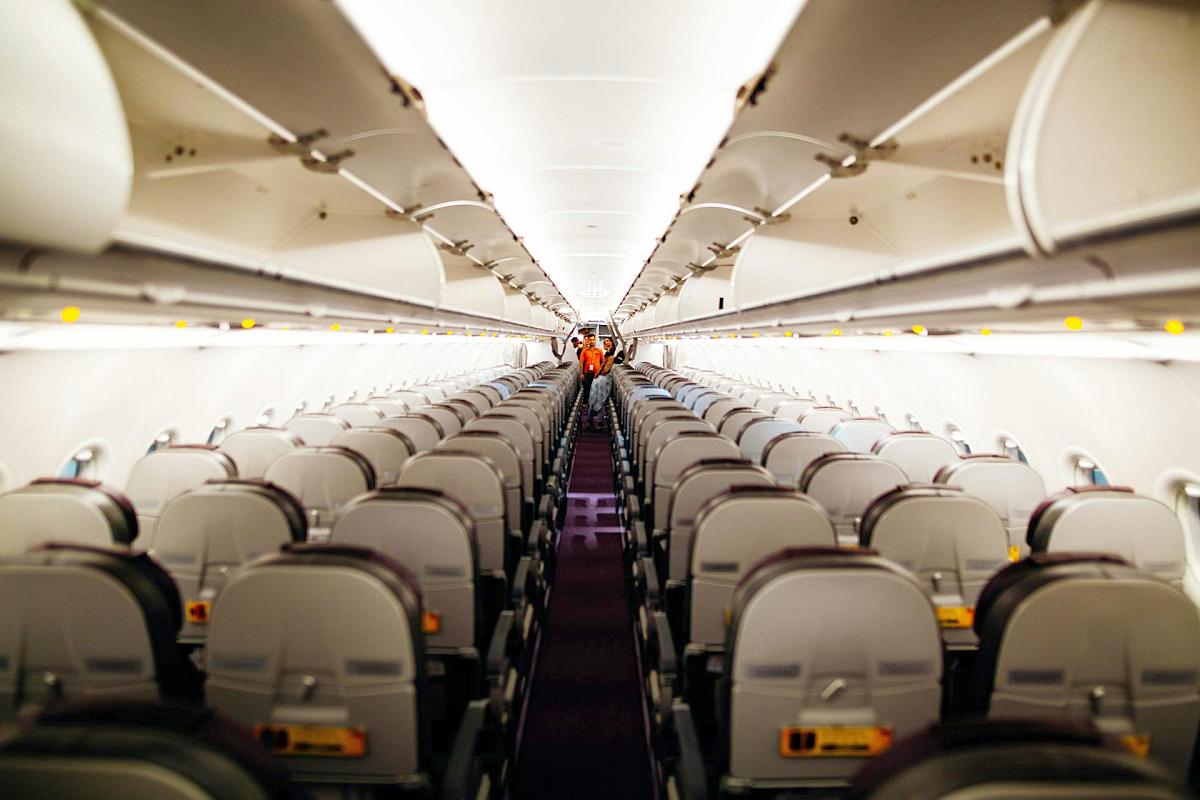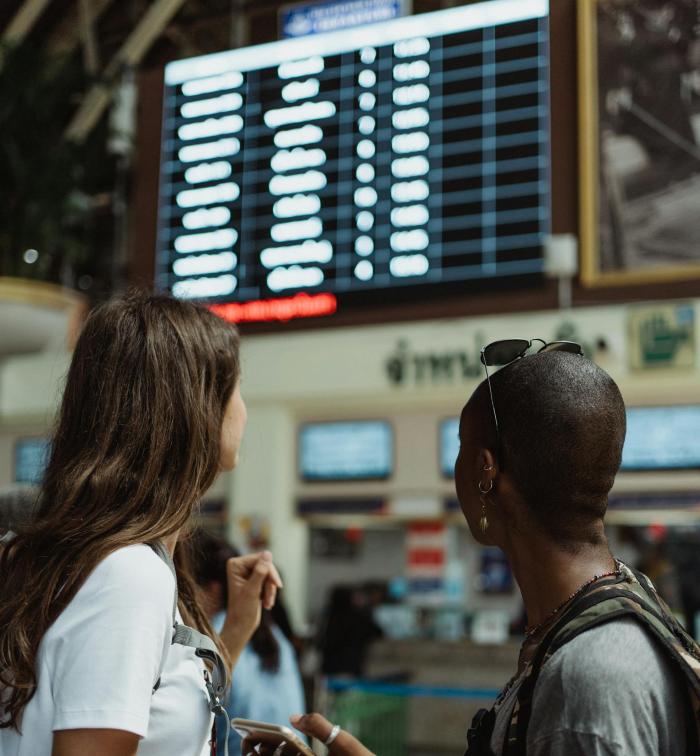

99TravelSafe.com
The Website For The Smart and Savvy Traveler
28 - Preventing Thrombosis Injury During Air Travel


Related Pages - Please Also See;
26 - Cabin Pressure During Air Travel
27 - Risk of Blood Clots (Thrombosis) During Air Travel
28 - Preventing Thrombosis Injury During Air Travel
29 – In Case of Aircraft Evacuation
30 – How to Survive an Air Crash
Safety of Air Travel by Unaccompanied Minors (Children Traveling Alone by Air)
Safety of Travelers at Airports
Preventing Thrombosis Injury During Air Travel


Do not wear anything that could impede the circulation of blood within your body
Extend your legs straight out in front of you and flex your ankles, pulling up and spreading your toes, then pushing down and curling the toes. If your shoes limit toe movement, just make the effort or just remove the shoes
If there isn't room to extend your legs, start with your feet flat on the floor and push down and curl your toes while lifting your heels from the floor. Then, with your heels back on the floor, lift and spread your toes
Repeat this heel-toe cycle ten times
Sleeping could be dangerous! A thirty-minute nap would probably be OK, perhaps using an alarm clock to awaken yourself!
You could sleep longer if there is enough room for you to lie with your legs up on the same level as your upper body. Flex thoroughly when you are awakened
Avoid sitting with your legs crossed for more than a few minutes at a time
Drink extra non-alcoholic caffeine-free beverages before and during your flight to avoid dehydration
Stand up or walk occasionally!
Select an aisle seat when possible so you can walk around every 2-3 hours
When traveling by car, include breaks in your travel schedule to stretch and walk around
Exercise your calf muscles and stretch your legs while you're sitting
Talk to your doctor about wearing compression stockings or taking medicine before departure if you have additional risk factors for blood clots
Taking aspirin to prevent blood clots when traveling is NOT recommended! If you take aspirin for other reasons, please check with your doctor


Preventing Thrombosis Injury During Air Travel - A Summary!


To Prevent Blood Clots During Air Travel, You Can Take the Following Measures:
-- Wear compression stockings when you're in the air, on a train, etc.
-- Avoid crossing your legs
-- Wear loose-fitting, comfortable clothing that is not restrictive
-- Hydrate with water instead of alcohol, coffee or soft drinks
-- Drink plenty of fluids, preferably water, to avoid dehydration
-- Walk for 30 minutes before boarding the plane
-- Maximize in-flight legroom by stowing all your belongings in overhead compartments
-- Get up and walk around every 2 to 3 hours
-- Do calf raises and other leg stretches at your seat every 30 minutes or so
-- Avoid high-sodium and salty foods while you’re at the airport and in flight
-- Raise and lower your heels while keeping your toes on the floor
-- Raise and lower your toes while keeping your heels on the floor
-- Tighten and release your leg muscles
-- Talk to your doctor about wearing compression stockings or taking medicine before departure if you have additional risk factors for blood clots
During the Flight
Move Your Legs:
Get up and walk around every hour or two, or at least once per hour on long flights
Perform Calf Exercises:
Flex your feet up and down, rotate your ankles, and lift your heels while seated to help blood flow
Stay Hydrated:
Drink plenty of water and fluids to keep your blood from getting too thick
Avoid Alcohol and Sedatives:
Alcohol and sleeping pills can make you less likely to move, increasing your risk
Wear Compression Stockings:
These can improve circulation in your legs, especially if you are at risk for deep vein thrombosis (DVT)
Choose an Aisle Seat:
This makes it easier to get up and move around during the flight
Before & After Your Flight
Talk to Your Doctor:
Discuss your personal risk factors and get medical advice on what steps you should take
Stay Active:
Regular exercise helps improve circulation and can reduce your risk
Watch for Symptoms:
Seek immediate medical attention if you experience leg swelling or pain, especially if it's one-sided, or if you have difficulty breathing after your flight


